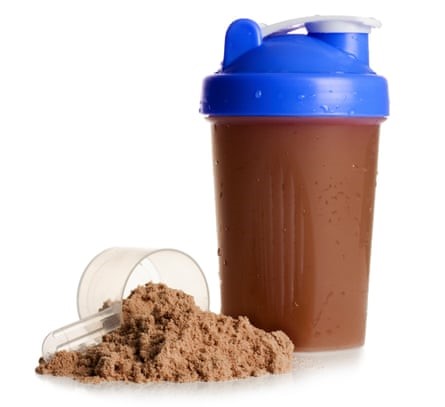Strength training nutrition considerations

Photo: Getty Images
When it comes to strength & conditioning, I love using the analogy that our body is a car. If you had a Lamborghini, or any other high-end sports car, you would not put just regular gasoline in it. You would put the high-end fuel in it to enable it to perform at its peak and to perform consistently at a high level. The same goes with our bodies before, during and after exercise. The quality of food you intake, on a consistent basis, will ultimately determine how your body is going to perform on a daily basis.
What are your fitness goals?
Depending on your fitness goals there are various routes to examine when it comes to choosing a proper nutrition strategy. For example, in the article "Nutrition Strategies: Endurance Training," Jake Hudgins, MS, CSCS, ACSM-CPT gives a peek behind the curtain of what is entailed when it comes to nutrition during training and competition within an endurance event. There are nutrition strategies for those who are trying to lose weight, while maintaining lean body mass. This article will take a little journey down the road of some of the nutritional considerations and recommendations when it comes to strength training.
“I’m lifting more so I need to increase my protein intake, right?”
This a great question and to put it simply, it depends. Vanessa Oliver, RD, touches on the importance of protein in her article, "Exercise and Nutrition – Questions Answered!" Our body needs protein not only for building and maintaining lean muscle but has countless other processes it aids throughout the entire body.
A little muscle physiology
To gain a greater understanding of the effects on resistance training on muscle, let’s take a dive down the muscle physiology rabbit hole for a minute. Resistance training directly impacts muscle protein synthesis (MPS) and muscle protein degradation (MPD) - to put it in layman’s terms, our bodies' ability to build and break down muscle. Resistance exercise is known to increase repair and remodeling of muscle protein. But in order for there to be a positive effect, such as muscle hypertrophy or increase in lean body mass, there must be more MPS occurring than MPD. As much as resistance exercise prepares the body for remodeling, it also increases the MPD. The beauty of our body is that this increase in MPD is of a lesser degree than that of the increase in MPS and returns back to baseline quicker than MPS.
Nutrition recommendations for strength training:
Protein:
Depending on where you fall within the spectrum of exercise intensity and regularity of exercise, this can dictate how much protein you should intake. For novice athletes preforming exercises at a low to moderate activity, protein intake should be around 1.0 g of protein for every kg of body weight. Easy conversion for this is to take your body weight in pounds and divide it by 2.2 to get your weight in kg. In general, those who are advanced strength athletes or perform activities regularly at a high intensity, the recommended protein intake falls between 1.0-2.0g/kg of body weight, but more specifically 1.4-1.7 g/kg of body weight per day.
Carbohydrates:
During exercise our body loves to use carbs as a source of fuel to be consumed before, during and especially after exercise. Strength athletes should consume 5-6g of carbs per kg of body weight per day. After exercise, it is important to intake carbs and proteins with a ratio of 3-4:1 carbs to protein. The carbs will be used to restore the muscle glycogen that was just utilized within the muscle and help limit the effects of MPD. Intaking that amount of carbs will allow for the protein to do its job more efficiently in maintaining protein turnover throughout the body and subsequent MPS.
Please reach out and schedule a free consultation with one of our registered dietitians for more information about nutrition strategies for exercise.
